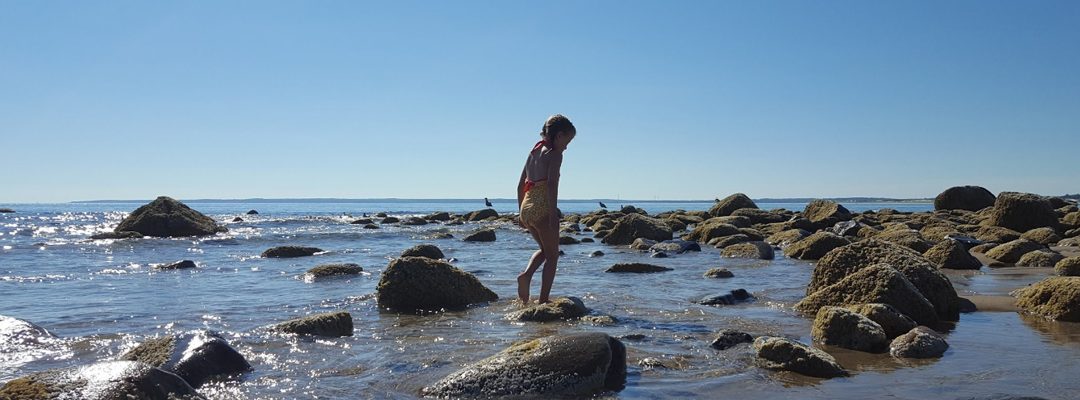When I was participating daily in a general grief group, there were bereaved members whose loved-ones bodies had been lost in dramatic ways. Swept out to sea, for instance. Eaten by animals. I remember their anguish over not knowing where their loved one landed.
Even though I HAD my baby’s remains, I, too felt anguished, untethered. I had this pocketful of ashes, and I could not tell you for absolute certain that they came from my own beloved baby’s body and not, say, a rotisserie chicken from the grocery store. It did not help to learn that, once upon a time, a funeral parlor in Boulder Colorado had been stealing the remains entrusted to them from Boulder Abortion Clinic, and returning — what, exactly? Rotisserie chicken? To bereaved parents. They interred the actual remains in a memorial “to the unborn” at the local Catholic church: a big fuck-you to anyone who ever dares exercise the full range of her womb’s creative and destructive powers.
Why do we even cremate our loved ones? To ritualize around ashes takes a profound act of trust, unless you are participating in the creamation itself, building a pyre, smelling the smoke that was once the body of your baby.
I came to this place about it: we are all made of earth stuff and star stuff. We build our cells out of atmosphere and recycle other once-living bodies into ourselves. Water goes through the cycle, ocean to vapor to cloud to rain, and washes down the world over. Even in the driest desert, the water swirls in the air and squeezes out under the pressure of night to make scant dew.
We are made of everything, and when we die, we go everywhere. It’s one of those revelations that comes viscerally, not cognitively. The way into trance state is open as wide as the wounds of our hearts when we are in grief.
My little family and I put Laurel’s ashes into the Atlantic Ocean just after her first birthday. We scrambled over wet rocks, opened the little velvet pouch, unfolded the plastic bag inside, and poured her in. It hadn’t been the plan. I imagined scattering into the forest, but her birthday it had rained, and the delay agitated me so deeply that the beach became a good-enough release ritual in the moment. I do think of this sometimes, when I swim in the Atlantic or watch its steely blue-grey swells for whales. And I think of all her water that was evaporated, and carbon that went up the smoke stack to get breathed into the leaves of aspens in the Colorado Rockies, or algae in oceans far, far from anywhere I will ever visit.
Not-knowing where your baby’s ashes are is deep torment to many I have met along the grief path. They chose not to know in deep crisis (because crisis-selves often understand completely that a body isn’t a baby) or who were never given the choice at all because our political landscape pits grief against bodily autonomy, as though THAT is the choice we make when we are forced to choose.
So for that, I’m glad to know that I got my pocket full of ashes and to feel the trust that it came from my baby — who came from me — who came from my mother and millions upon billions of mulched and recycled other living things, the oxygen of rainforests far far away, the water of high clouds and cold snows and steamy kettles.
When I cycle back to this place, those ashes don’t feel so important anymore. Every sip of water I take is drinking my baby, and every inhale is breathing her — and all my other ancestors, too.

